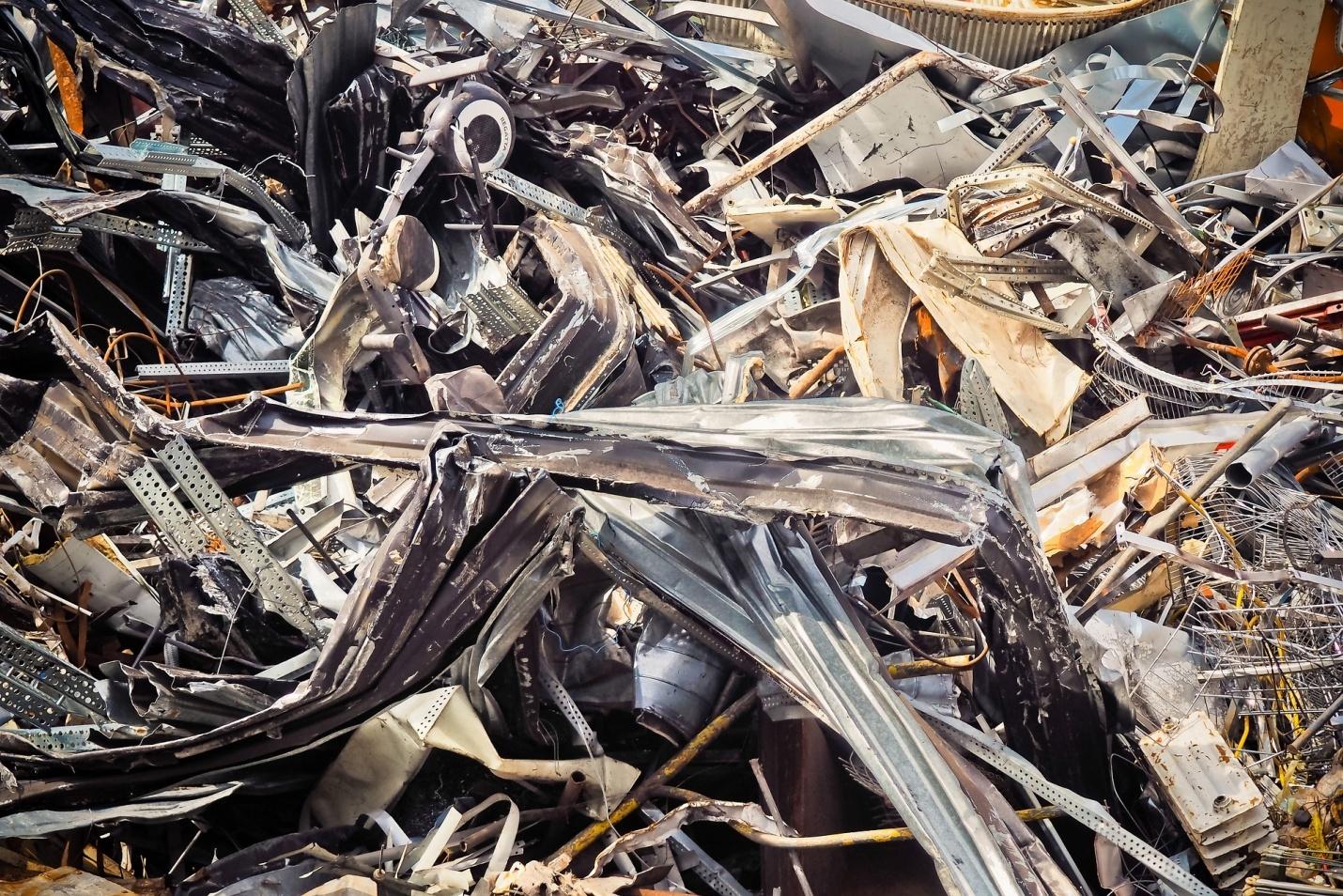
Scrap metal is a valuable and recyclable material found in almost every aspect of our daily lives, from cars and electronics to construction materials and household appliances. Recycling scrap metal not only helps preserve our natural resources but also reduces the amount of waste that goes to landfills, conserves energy, and reduces greenhouse gas emissions. Here’s a look at the different types of scrap metal – and what you can do to recycle them.
Ferrous metals
Ferrous metals are metals that contain iron, such as steel and cast iron. These metals are the most commonly recycled metals, accounting for over 60% of all metal recycling. Steel is one of the most widely used materials in the world and is highly recyclable. Recycled steel is used to make a variety of products, including cars, bridges, and buildings. Cast iron is often used in pipes, manhole covers, and engine blocks. Recycling ferrous metals is easy and profitable, as they can be recycled indefinitely without losing their quality. To recycle ferrous metals, you can take them to a local scrap yard or recycling center, like Langley Recycling, for those residing in Kansas City.
Non-Ferrous metals
Non-ferrous metals are metals that do not contain iron, such as aluminum, copper, and brass. These metals are less common than ferrous metals, but they are still highly valuable and recyclable. Aluminum is one of the most commonly recycled non-ferrous metals used to make various products, including cans, car parts, and airplanes. Copper is another valuable non-ferrous metal that is used in wiring, plumbing, and electronics. Brass is a combination of copper and zinc and is often used in plumbing fixtures and decorative items. Recycling non-ferrous metals is a little more complicated than ferrous metals, as they have to be sorted and separated. However, they are still highly profitable and can be taken to a scrap yard or recycling center.
Electronic scrap
Electronic scrap, also known as e-waste, is a growing problem worldwide. E-waste includes discarded electronics like computers, cell phones, and televisions. These items contain a variety of valuable and recyclable metals, including gold, silver, and copper. However, they also contain hazardous materials, such as lead and mercury, which can be harmful to the environment and human health. To recycle e-waste, finding a reputable electronics recycling company that can safely and responsibly dispose of hazardous materials while extracting the valuable metals is important.
Automotive scrap
Automotive scrap includes any metal parts from cars, trucks, and other vehicles. These parts can include engines, transmissions, and body panels. Like electronic scrap, automotive scrap contains a variety of valuable and recyclable metals, including steel, aluminum, and copper. Recycling automotive scrap is important for several reasons. First, it helps to reduce the amount of waste that goes to landfills. Second, it conserves natural resources, as recycled metals can be used to make new cars and other products. Finally, it reduces greenhouse gas emissions, as it takes less energy to recycle metals than to mine and refine new metals. To recycle automotive scrap, you can take it to the same recycling center.
By taking the time to recycle your scrap metal, you can positively impact the environment – and help create a more sustainable future for all.